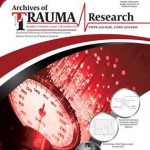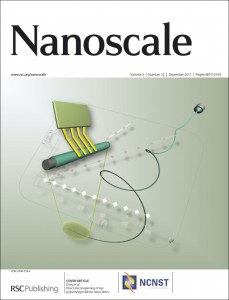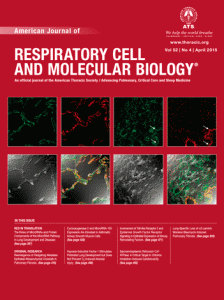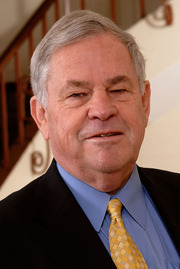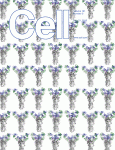 Cell Press is looking into anonymous allegations that a pair of influential papers on gene activation in yeast may contain more than two dozen instances of image manipulation, according to a spokesperson for the journal.
Cell Press is looking into anonymous allegations that a pair of influential papers on gene activation in yeast may contain more than two dozen instances of image manipulation, according to a spokesperson for the journal.
The accusations first appeared in March on PubPeer, where they triggered a small avalanche of comments, including one asserting “unambiguous and repeated examples of data re-use.”
The concerns raised on PubPeer have even sparked an investigation by an institution in Spain, which found no evidence to support the allegations. But not everyone agrees with that verdict.


